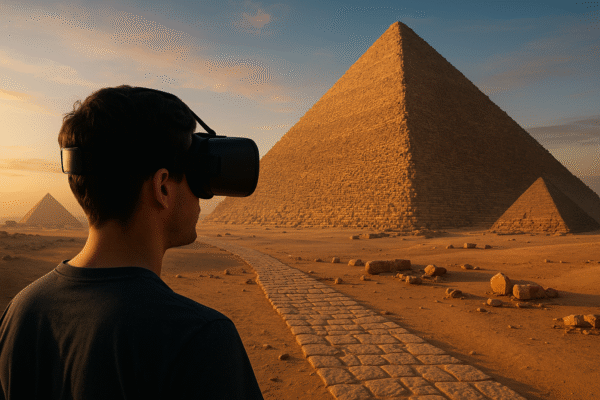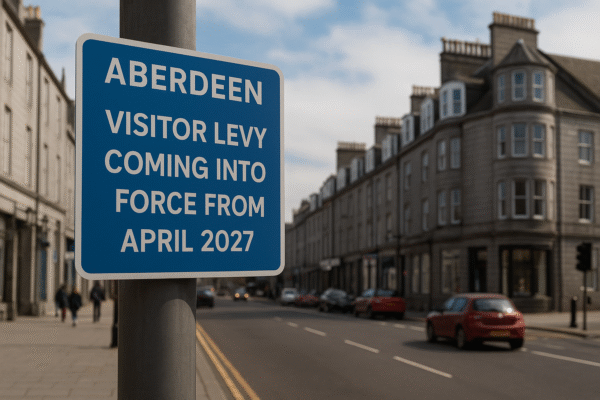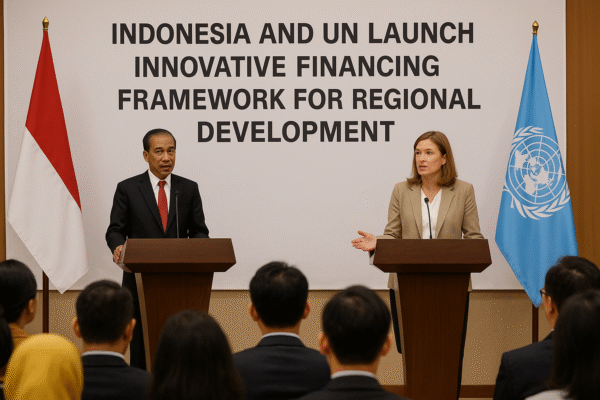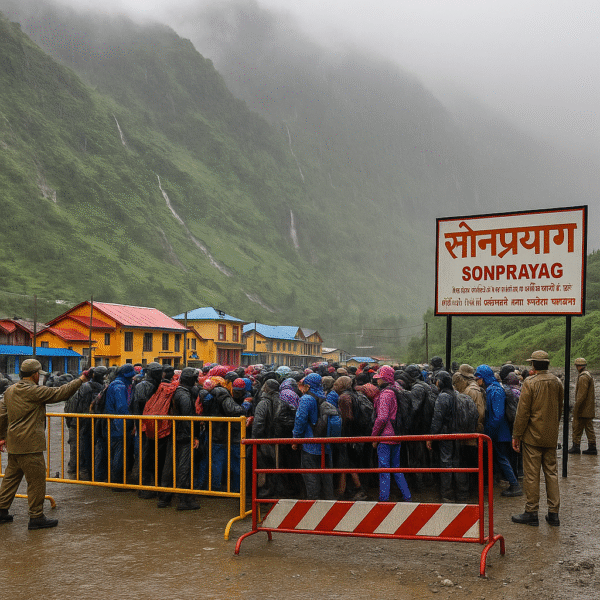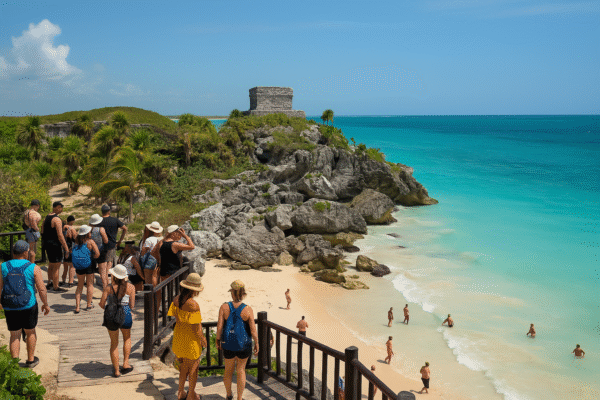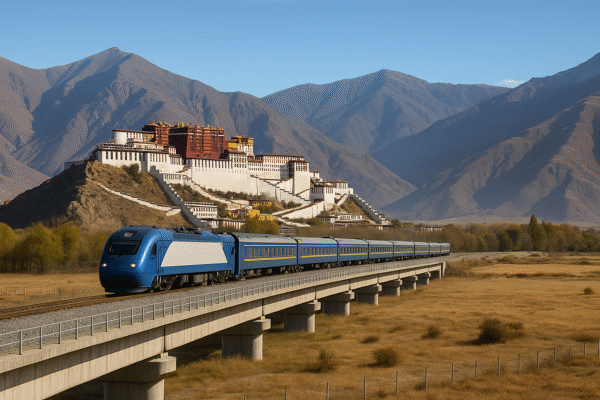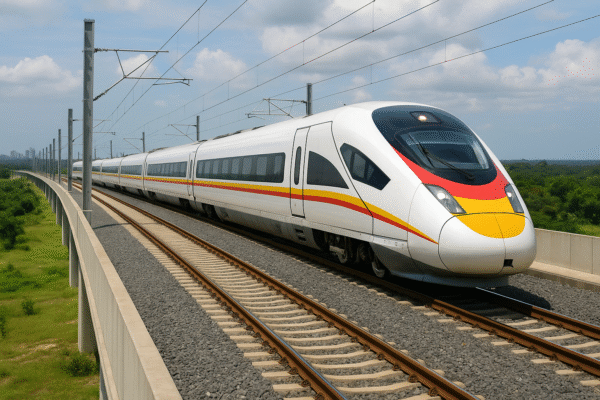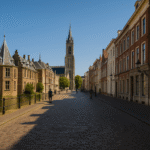Nigeria is poised to revolutionize domestic tourism with its newly proposed $60 billion high‑speed rail network, a transformative infrastructure endeavor that links four of the nation’s key urban centers—Lagos, Abuja, Kano, and Port Harcourt—via an efficient, sustainable, and modern train system. Announced only days ago, the project marks a pivotal moment in West African connectivity and travel. The federal government, in partnership with De‑Sadel Nigeria Ltd. and China Liancai Petroleum Investment Holdings, has officially presented proof of funds to the Secretary to the Government of the Federation, signaling readiness to fast‑track phase one of the project, spanning approximately 1,600 km, over the next 36 months.
This high-speed rail is envisioned to travel at speeds up to 300 km/h, dramatically reducing the journey from Lagos to Abuja to under two hours—cutting travel time from what currently takes most of a day. The network is inspired by modern rail systems such as Morocco’s and will introduce Nigeria as one of the first African countries to operate such advanced rail infrastructure.
While the overarching project reaches nearly 4,000 km, the governmental consortium is focusing initially on routes that connect economic and cultural powerhouses. This bold investment supports President Bola Tinubu’s sweeping economic reforms and reflects Nigeria’s commitment to modernization through strategic infrastructure.
Tourism Potential Unlocking at Its Core
As a nation boasting vibrant festivals, cultural diversity, beautiful beaches, scenic plateaus, and ecological diversity, Nigeria’s tourism industry has long been under‑leveraged. Lagos, with its iconic beaches like Elegushi and Tarkwa Bay, dynamic nightlife, rich arts scene, Nollywood heritage, and skyline vistas, is steadily rising as a must‑visit global city. Meanwhile, Abuja offers tranquil escapes such as Millennium Park, while Cross River State’s Obudu Mountain Resort and its cable‑car ride up the scenic plateau attract both domestic and international travelers. Nigeria’s under‑tapped natural sanctuaries—like the rainforest haven of Okomu National Park in Edo State—also bristle with eco‑tourism opportunities.
Despite this array of attractions, tourism has faced limitations. In 2023, Nigeria recorded only about 1.2 million foreign visitors—far fewer than regional peers like South Africa and Kenya. Infrastructure gaps, safety concerns, limited global marketing, and underdeveloped facilities remain obstacles.
The introduction of high‑speed rail as reliable and swift intercity transport will help address many of these constraints. Imagine seamless weekend escapes from Lagos to Port Harcourt’s cultural scene, or speedy access from Abuja to the highlands and festivities in Kano. This new rail backbone could spark a tourism renaissance—improving accessibility, expanding travel packages, and encouraging investment in hospitality and service amenities along the routes.
Economic and Social Transformation
Beyond tourism, the rail initiative heralds wide‑ranging economic benefits. The proposed rail system promises a wave of job creation—in construction, operations, hospitality, and ancillary services. Investors are positioning the rail stations as economic hubs, enabling secondary cities to blossom with businesses, hotels, restaurants, and entertainment venues.
A recent analysis of Nigeria’s high‑speed rail feasibility highlights that, although challenges like outdated infrastructure, governance inefficiencies, funding gaps, and security risks exist, the long‑term outcomes—boosted regional trade, improved logistics, increased foreign direct investment, and tourism growth—are compelling. Leveraging global best practices could turn this project into a national and continental transformation catalyst.
Nigeria on the Fast Track to Tourism Leadership
This high-speed rail project is more than a transportation initiative—it’s Nigeria’s ticket to its tourism future. By knitting together the country’s most vibrant destinations with a swift, comfortable rail system, the country sets the stage for a new travel culture. Tourists and locals alike will find themselves connected to scenic plateaus, cultural festivals, eco-parks, beaches, and historic urban centers like never before.
As Nigeria embraces faster, greener ways to move, it signals to global travelers and investors that it’s open for business, ready to showcase its rich heritage, diverse ecosystems, and dynamic cities. If realized as planned, the high-speed rail network will leave not just rail marks across the nation—but footprints of a tourism renaissance that could inspire Africa and beyond.
For more travel news like this, keep reading Global Travel Wire


